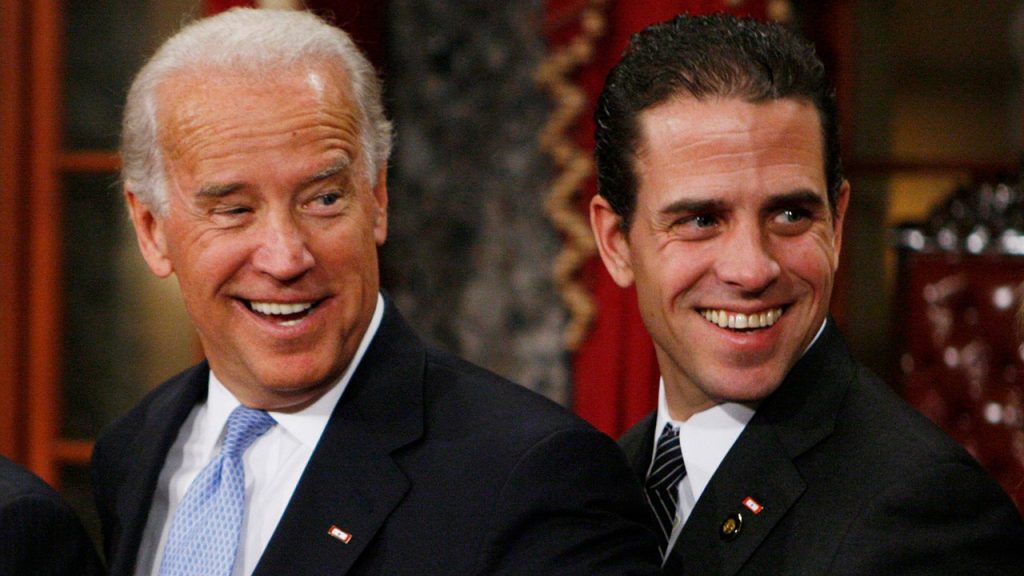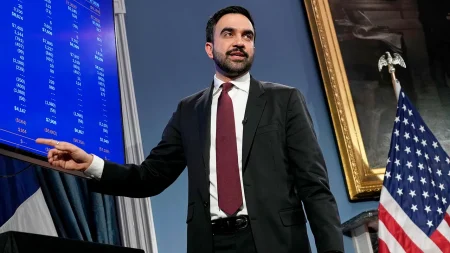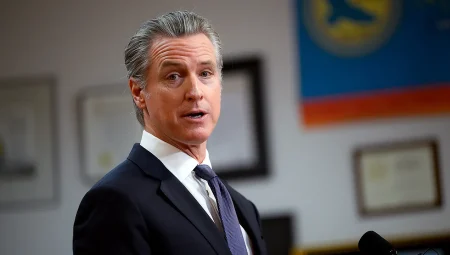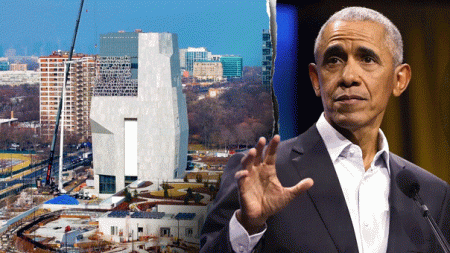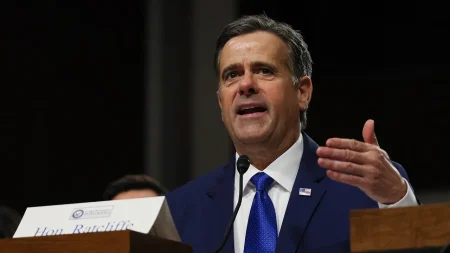President Joe Biden’s recent decision to issue a broad pardon for his son, Hunter Biden, has sparked significant criticism from various quarters. Detractors are not just concerned about the extent of the pardon, which encompasses any federal crimes committed by Hunter Biden from January 1, 2014, to December 1, 2024, but are also highlighting how this action contrasts with Biden’s previous emphasis on the judiciary as a crucial check on executive overreach. Critics have pointed out the apparent inconsistency with Biden’s earlier statements advocating for the principle that no individual, including the president, is above the law. This is particularly poignant given Biden’s condemnation of a recent Supreme Court ruling that expanded presidential immunity, which he warned could set a “dangerous precedent” and undermine the necessary checks and balances within the government.
In a July speech, Biden articulated his concerns regarding the Supreme Court’s decision, which asserted that presidents possess absolute immunity for actions undertaken within their constitutional powers. The ruling drew ire from Biden, who argued that it could effectively neutralize the limits on presidential power, raising alarms about potential abuses. He asserted the presidency is a position that tests both judgment and character, urging a responsibility to wield such power wisely and with respect for lawful boundaries. This backdrop of Biden’s warnings about unchecked executive power adds an intriguing layer to the current controversy surrounding his son’s pardon.
Fast forward six months, Biden’s pardon stands as a stark policy reversal for the president, further complicating his prior arguments regarding safeguards against presidential overreach. In his announcement of the pardon, Biden characterized the investigation and prosecution of Hunter as politically charged and flawed, alleging it constituted a “miscarriage of justice.” He maintained that Hunter’s situation was uniquely influenced by his familial ties, claiming that “no reasonable person” could view the case without acknowledging that politically driven bias played a role.
Critics have taken issue with the implications of the pardon, suggesting it not only reflects potential favoritism but could also deepen public cynicism towards the Justice Department. The concern is that such an action contributes to the narrative propagated by former President Donald Trump, who has often asserted that political motivations are at play within the Department of Justice. This perception may exacerbate already existing tensions about the impartiality of the judicial system and could further undermine confidence in governmental institutions that are meant to operate independently of political influence.
Ryan Williams, a long-time Republican strategist, emphasized this sentiment, arguing that Biden’s actions could lend credence to Trump’s allegations about a politicized Justice Department. The ramifications of this pardon reach beyond family ties, suggesting a broader impact on public perception of justice in America. Biden’s administration thus finds itself in a complicated position, balancing the defense of his son’s legal interests while upholding principles that promote the rule of law and the integrity of the justice system.
The Biden administration now confronts a precarious nexus where familial loyalty, political implications, and foundational legal principles intersect. The internal conflict is highlighted by Biden’s previous declarations regarding the sanctity of the law and the risk of presidential overreach. As he navigates criticism from both political opponents and supporters who expect a steadfast commitment to the rule of law, the president’s handling of Hunter’s situation could prove pivotal in shaping his legacy and the public’s trust in government integrity, especially in an era increasingly haunted by perceptions of divisive and politicized justice.



